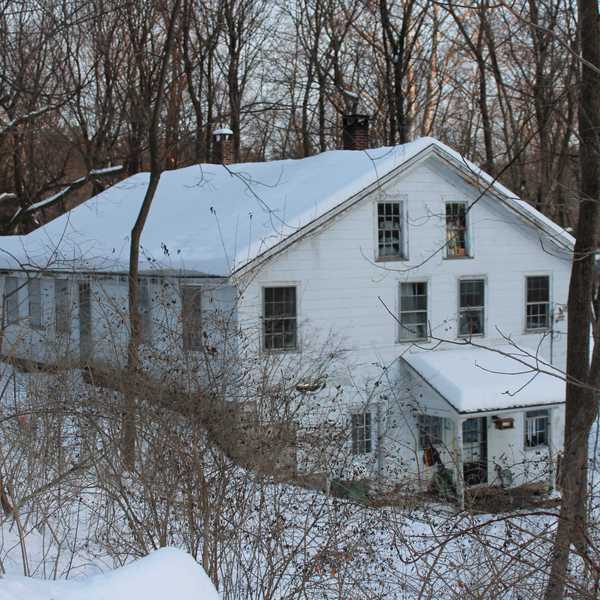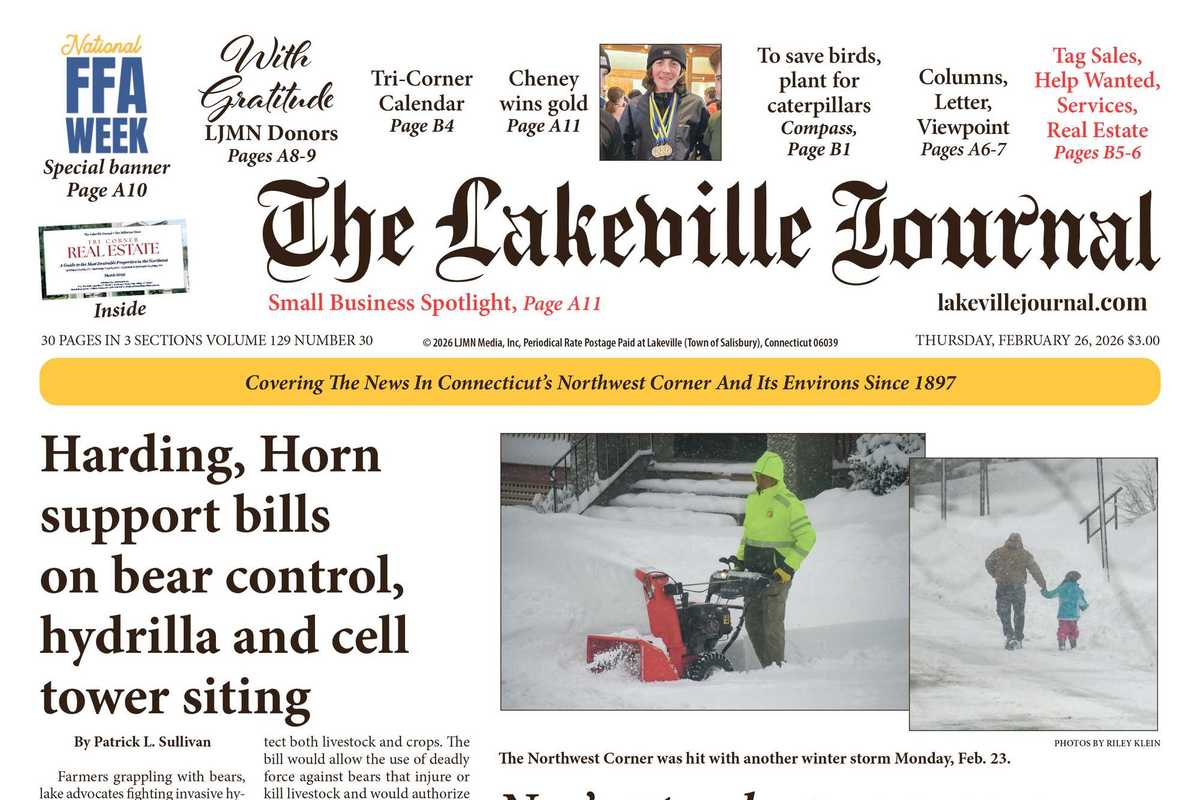Voices from our Salisbury community about the housing we need for a healthy, vibrant future
Very few of our neighbors have had a life as adventurous as Toli Fliakos. Toli spent his youth between Greece and Tanzania where his family had a tobacco plantation. When local politics turned their economic lives upside down he found himself, at the age of 15, penniless and stranded in London where he was studying to perfect his English. Through the efforts of teachers who believed in him and the kindness of a ship-owner who offered him a free ride to America on a freighter, he crossed the Atlantic alone to finish high school at Hotchkiss on a scholarship. He went on to Yale, again on a scholarship. While at Yale he spent his summers at Hotchkiss working for a program for inner city kids. He got to know and love our town because the community was involved with the program.
He has lived all over the country, raised three daughters and worked many interesting jobs. The strong roots he developed here during high school and those youthful summers pulled him back to Salisbury upon retirement.
Over the years he has often benefited from the kindness of others. He says, “kindness has given me faith in people. I’ll trust anybody until they give me a reason not to. Because of how people impacted my life I always feel I owe something back to the world. Helping others has become my way of life. To this day when I get down I force myself to find someone I can help and then I feel much better.” Once back in Salisbury he worked for Chore Service and volunteered for Habitat for Humanity, eventually becoming a board member. Through his volunteer work he became embedded in the community and expanded his circle of friends and acquaintances. Aside from friendship, his network has enabled him to supplement his social security income by driving people to airports, train stations, doctors’ appointments, etc. When asked, he donates his services to organizations or people in need.
His network has also helped him find very scarce affordable housing. He now worries about what he will do as he ages. He says, “The only reason I’ve managed to remain here is because of the benevolence of people in the community. Without those connections I would have been forced to leave. New people eager to live and work here don’t have these links.”
Toli’s experience underscores the positive difference people can make in a person’s life. There is joy in both giving and receiving help from friends and strangers. Few things can make you feel better than changing someone’s life for the better. Supporting the creation of affordable homes for seniors like Toli, who add value to our community, and the working people we need for our town to thrive, is a wonderful way to feel good and make a positive difference for our town.
Mary Close Oppenheimer is a local artist who has been part of the Lakeville/Salisbury community for 30 years.






 lakevillejournal.com
lakevillejournal.com 







 Visitors consider Norman Rockwell’s paintings on Civil Rights for Look Magazine, “New Kids in the Neighborhood” (1967) and “The Problem We All Live With” (1963.) L. Tomaino
Visitors consider Norman Rockwell’s paintings on Civil Rights for Look Magazine, “New Kids in the Neighborhood” (1967) and “The Problem We All Live With” (1963.) L. Tomaino






Our Home, Our Future: Toli Fliakos